Time Travel, Teleportation & Science
Time travel is the concept of moving between different points in time in a manner analogous to moving between different points in space, generally using a theoretical invention, namely a time machine. It has a commonly recognized place in philosophy and fiction, but has a very limited application in real world physics, such as in quantum mechanics or wormholes.
Although the 1895 novel The Time Machine by H. G. Wells was instrumental in moving the concept of time travel to the forefront of the public imagination, The Clock That Went Backward by Edward Page Mitchell was published in 1881 and involves a clock that allowed three men to travel backwards in time.[1][2] Non-technological forms of time travel had appeared in a number of earlier stories such as Charles Dickens' A Christmas Carol. Historically, the concept dates back to the early mythologies of Hinduism (such as the Mahabharata), Buddhism, and Islam through ancient folk tales. More recently, with advancing technology and a greater scientific understanding of the universe, the plausibility of time travel has been explored in greater detail by science fiction writers, philosophers, and physicists.
Teleportation, or Teletransportation, is the theoretical transfer of matter or energy from one point to another without traversing the physical space between them. It has a commonly recognized place in science fiction literature, film, and television, but as yet has a very limited application in real world physics, such as quantum teleportation or the study of wormholes.
Science (from Latin scientia, meaning "knowledge") is a systematic enterprise that builds and organizes knowledge in the form of testable explanations and predictions about the universe. In an older and closely related meaning, "science" also refers to a body of knowledge itself, of the type that can be rationally explained and reliably applied. A practitioner of science is known as a scientist.
In modern usage, "science" most often refers to a way of pursuing knowledge, not only the knowledge itself. It is also often restricted to those branches of study that seek to explain the phenomena of the material universe.
Source : Wikipedia
-
00:44
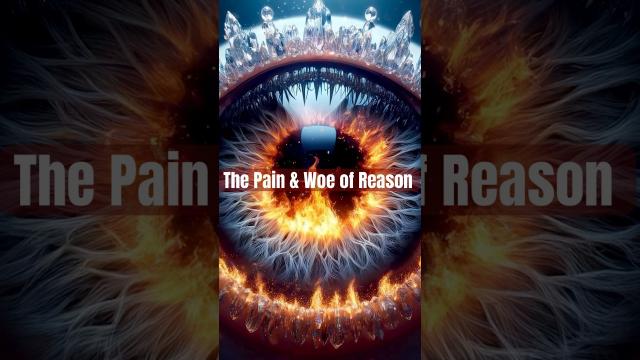
Is the human experience to be at war with your own sense of reason? #reasoning #humanexperience
Added 45 Views / 0 Likes -
03:00
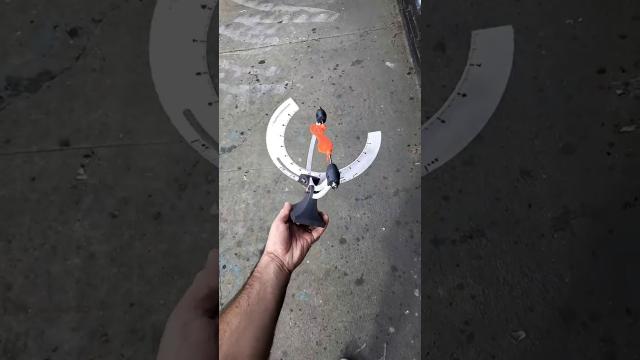
The Best Sundial
Added 49 Views / 0 Likes☀️⏳️????CuriosityBox.com ????⏳️☀️#sundial #watch #clock #time #daylightsavings #timezone #timekeeping #best #accurate #schmoyer #sunquest #equationoftime #orbit #seasons #shadow #history #stem #science #math #tool #railroads #sun #earth #model #simulation
-
43:27

The World's Smartest Mind: Exploring the Extremes of Thought with Benjamin Labatut
Added 52 Views / 0 LikesBestselling author Benjamin Labatut joins Brian Greene for an exploration of the extremes of the human mind, centering on one of its most extraordinary incarnations—polymath John von Neumann--delving into existential dilemmas, moral quandaries, and the pr
-
00:41
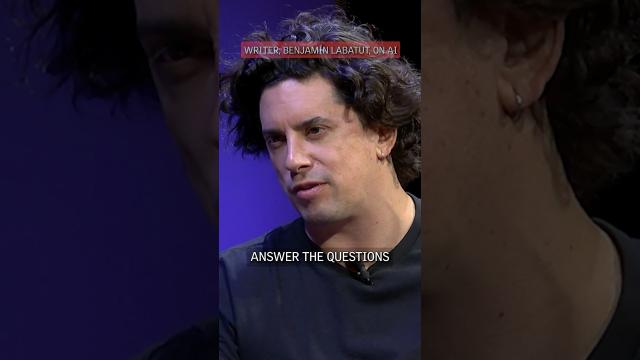
What are the best (and most dangerous) uses for artificial intelligence? #artificialintelligence #ai
Added 52 Views / 0 Likes -
00:31
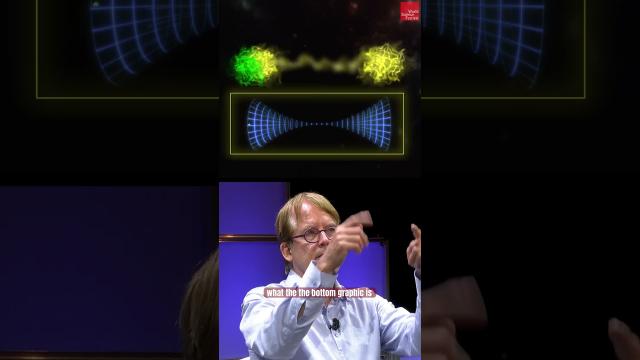
Quantum mechanics, Wormholes, & Entanglement #quantumphysics #quantum #wormhole #quantumcomputing
Added 52 Views / 0 Likes -
01:01
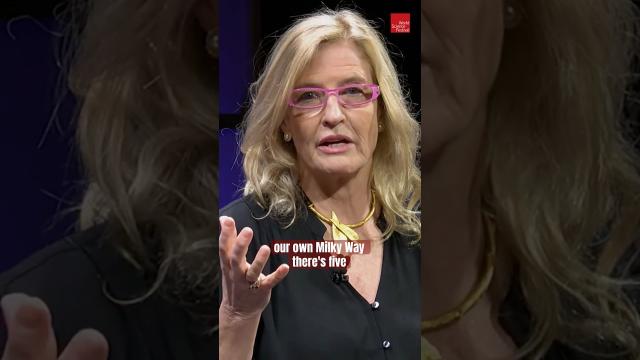
What is dark matter? If it does exist might there be dark stars & even a dark big bang? #darkmatter
Added 83 Views / 0 Likes -
02:24
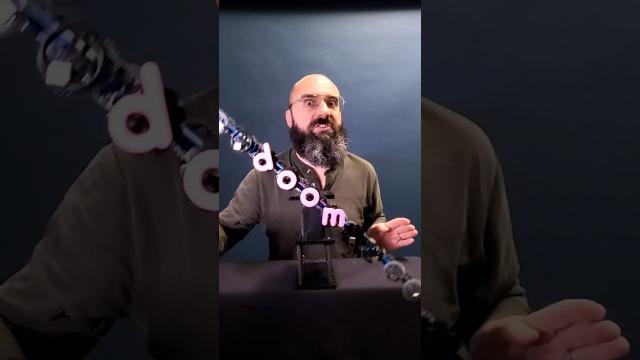
I Built An Emordnilap Machine
Added 106 Views / 0 Likesemordnilap❤️palindrome#palindrome #emordnilap #wordplay #English #language #engineering #gears #invention #lego #legotechnic #build #machine #spelling #reverse
-
01:01
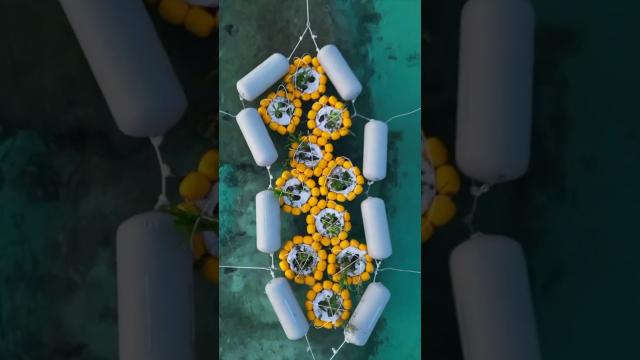
This is MIT
Added 75 Views / 0 LikesThe Massachusetts Institute of Technology is an independent, coeducational, privately endowed university in Cambridge, Massachusetts. Our mission is to advance knowledge; to educate students in science, engineering, technology, humanities and social scien
-
01:01
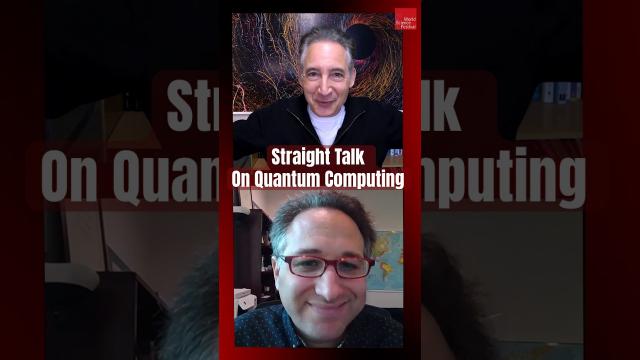
Straight talk on quantum computing with Scott Aaronson and Brian Greene. #quantumcomputing #quantum
Added 112 Views / 0 Likes -
01:00
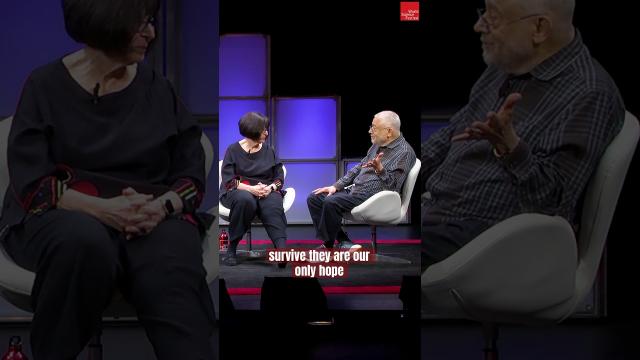
Will conscious AI beings one day live among us? #ai #conciousness #artificialintelligence
Added 67 Views / 0 Likes -
00:58
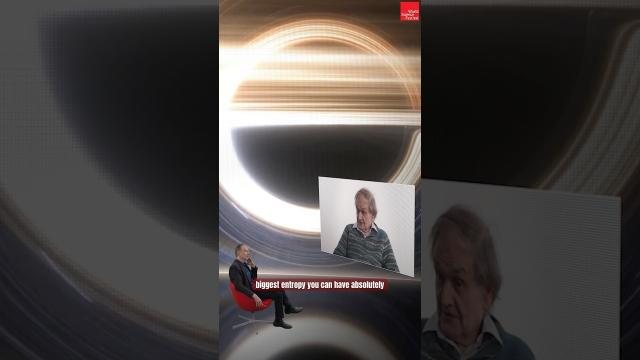
Roger Penrose on the peculiarities of Time, Black Holes, and The Cosmos #rogerpenrose #blackholes
Added 98 Views / 0 Likes -
01:02
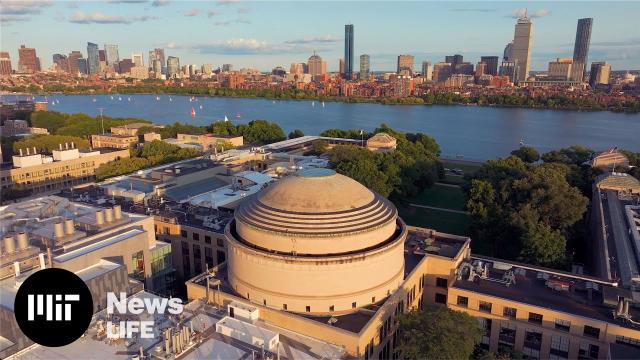
This is MIT
Added 73 Views / 0 LikesThe Massachusetts Institute of Technology is an independent, coeducational, privately endowed university in Cambridge, Massachusetts. Our mission is to advance knowledge; to educate students in science, engineering, technology, humanities and social scien
-
01:01

Where did black holes get their name? #blackhole #blackholes #supermassiveblackhole #astrophysics
Added 84 Views / 0 Likes -
02:08

The Man Who Saved The World
Added 125 Views / 0 Likes#cubanmisslecrisis #history #vasiliarkhipov #coldwar #nuclear #earth #humanity #60s
-
00:57
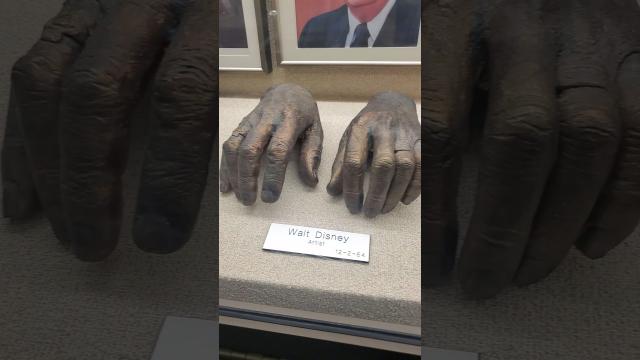
Walt Disney's Hands
Added 183 Views / 0 LikesBe sure to make a hand turkey today ????????#hands #history #museum #medicine #anatomy #waltdisney #drsuess #abrahamlincoln #peanuts #uspresident #moonlanding #louisarmstrong #andrethegiant #waltwhitman #normanborlaug #celebrity #bronze #hearttransplant #
-
01:00

Conscious AI? Global Workspace Theory #artificialintelligence #consciousness #ai #briangreene
Added 111 Views / 0 Likes -
01:01
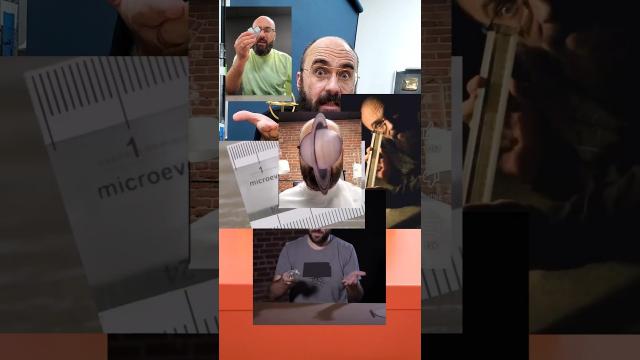
The Legacy Box
Added 120 Views / 0 Likes???? https://www.curiositybox.com ????#blackfriday #stem #solarsystem #stickers #decals #curiosity #ruler #gyroscope #memorylane #nature #book #puzzle #somacube #vsauce #shirt #subscription #science #math
-
35:50
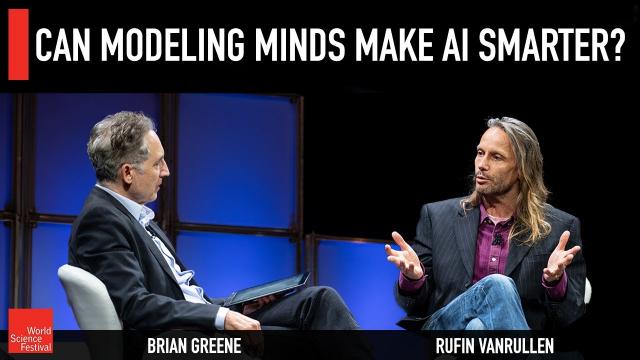
Can Models of Human Consciousness Enhance AI Capabilities?
Added 91 Views / 0 LikesSome researchers propose that advancing AI to the next level will require an internal architecture that more closely mirrors the human mind. Rufin VanRullen joins Brian Greene to discuss early results from one such approach, based on the Global Workspace
-
00:59
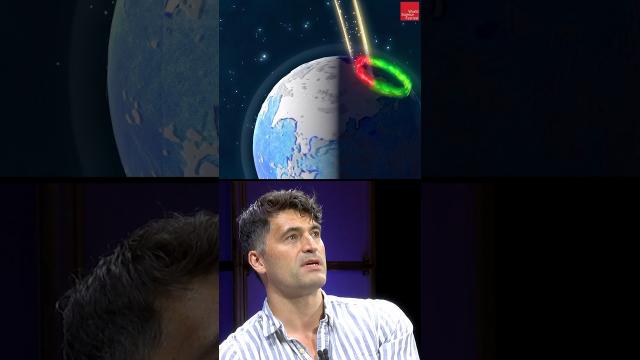
We’ve discovered thousands of exoplanets, but what about exomoons? #astronomy #spaceexploration
Added 84 Views / 0 Likes -
35:32
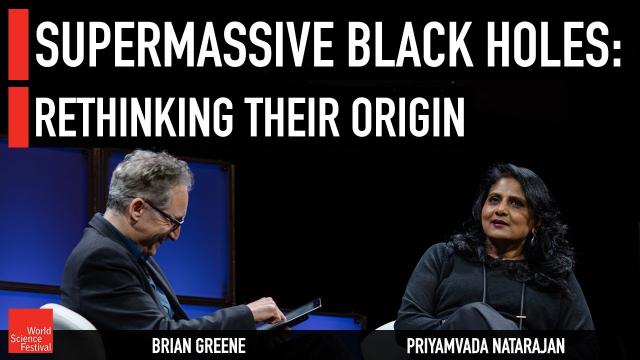
SUPERMASSIVE BLACK HOLES: Rethinking Their Origin
Added 81 Views / 0 LikesThe mechanism of collapsing stars falls short of explaining the existence of supermassive black holes—giants that weigh millions or even billions of times the mass of the Sun. Astrophysicist Priya Natarajan proposes an alternative: these colossal black ho
